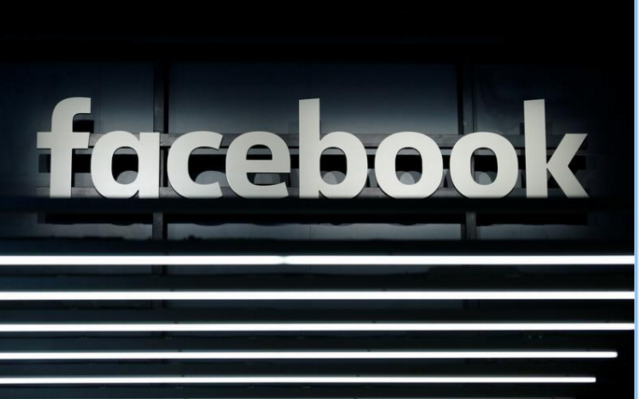
WASHINGTON – Facebook Inc, Twitter Inc and Alphabet Inc’s Google head before US lawmakers on Tuesday for two days of grueling hearings on how Russia allegedly used their services to try to sway the 2016 US election.
At stake for the Silicon Valley companies are their public images and the threat of tougher advertising regulations in the United States, where the technology sector has grown accustomed to light treatment from the government.
Facebook, the world’s largest social network, added fuel to the debate on Monday when it told Congress in written testimony that 126 million Americans may have seen politically divisive posts that originated in Russia under fake names.
That is in addition to 3,000 US political ads that Facebook says Russians bought on its platform.
Google and Twitter have also said that people in Russia used their services to spread messages in the run-up to last year’s US presidential election.
The Russian government has denied it intended to influence the election, in which President Donald Trump, a Republican, defeated Democrat Hillary Clinton.
US lawmakers have responded angrily to the idea of foreign meddling, introducing legislation to require online platforms to say who is running election ads and what audiences are targeted.
“The companies need to get ahead of the curve here,” said James Lewis, senior vice president of the Washington-based Center for Strategic and International Studies. If they can, he added, they might avoid regulation.
Lewis, speaking during the Reuters Cyber Summit in Washington, said he expects European officials to watch the US hearings closely.
The US Senate’s crime subcommittee will be the first of three committees to hold hearings on Russia. Its hearing is set for 2:30 p.m. ET (1830 GMT).
Facebook and Twitter are dispatching their general counsels, Colin Stretch and Sean Edgett, to appear before the subcommittee, while Google is sending its director of law enforcement and information security, Richard Salgado.
“Our goal is to bring people closer together; what we saw from these actors was an insidious attempt to drive people apart. And we’re determined to prevent it from happening again,” Stretch will tell lawmakers, according to an advance copy of his remarks.
Facebook and Twitter have taken steps toward self-regulation, saying they would create their own public archives of election-related ads and also apply more specific labels to such ads.
Google followed on Monday, saying it would create a database of election ads including ones on YouTube.
The companies have meanwhile disclosed new details about the extent of Russia-based material, raising alarms about a sector that once inspired idealism.
“The internet was seen as a great engine for promoting democracy and transparency. Now we are all discovering that it can also be a tool for hijacking democracy,” said Karen Kornbluh, a senior fellow for digital policy at the Council on Foreign Relations.









